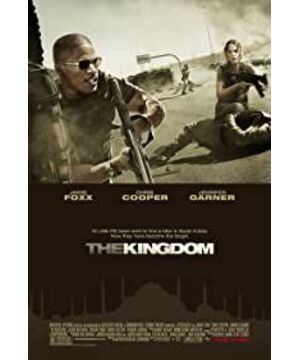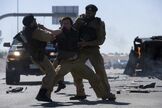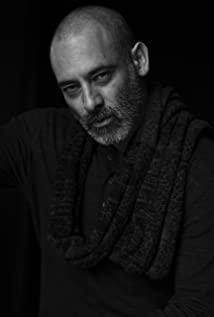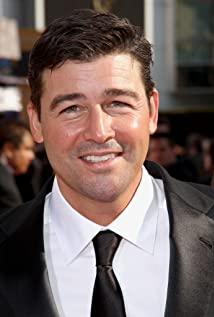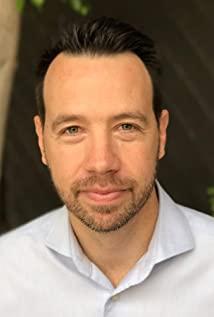The film itself is not sullen or sullen. From the plot and the performance of the actors alone, it can be regarded as a standard mediocre. It is nothing more than a constant combination of plot and action for thousands of years. In a nutshell - nothing to comment on.
What's interesting is his subject matter. The Middle East issue, or further, the conflict between Western civilization and Islamic tradition, and terrorism and great power. Of course these are hot questions with no easy answers. So if you just discuss these issues, it is also a thankless thing. At first glance at The Kingdoms, the theme seems to be exactly what many Westerners advocate - leaving hatred and confrontation and returning to humanity and tolerance. In the film, the Saudi police inspector became a cannon fodder hero. From time to time, there are daily family shots of the Saudi people having a good time, and there are deliberately arranged in the plot the process of people from different cultural backgrounds overcoming difficulties and finally understanding each other.
However, these are all appearances. Movies have always had a strong position, and Hollywood movies are no exception. We do see a lot of American films that criticize the U.S. government and anti-war, but they all have the same core - Western civilization. Therefore, we have seen too many films of so-called culture clashes. We have seen American Douglas run to Tokyo to meet Ken Takakura, seen the Soviet Red Square SWAT played by Schwarzenegger, and even seen the foreign prostitute in Shanghai. And the theme of each film is nothing more than love, friendship, responsibility, loyalty, betrayal, bravery, destiny, perseverance, wisdom. The so-called films of this kind are nothing more than warriors with Western civilization values and outlook on life pre-installed in their minds who came to explore the wild land. The anecdotes he saw attracted the curiosity of the audience, but he never questioned the core values and ideas. outlook on life.
Therefore, the film The Kingdom is essentially no different from "The Valley of the Wolves in Iraq". It is a world we are already familiar with, with Americans (and perhaps Europeans and other Westernized peoples), and others (including religious Arabs, eagle-keeper princes with palaces and no women at banquets, bomb-making terrorists, etc.).
The director may think that he has achieved relative tolerance, and it is not difficult for us to see his efforts, but the core original intention cannot be hidden. This is still a slightly concealed film with clear prejudice.
And the scariest part is that this prejudice is so big and so pervasive that we gradually turn a blind eye. To give a simple example - 4 English speakers come to a country where Arabic is the official language without thinking to learn simple Arabic or bring a translator. On the contrary, all Saudis voluntarily use broken English to cooperate with them. If you take into account the position of the film, it is natural that English should be the best language, and everyone should speak English.
So my evaluation of this film is very poor, not only the mediocre plot and performance, but more importantly, the hypocritical tolerance. If you really want to make a movie like this, Team American: World Police feels a little better.
View more about The Kingdom reviews


